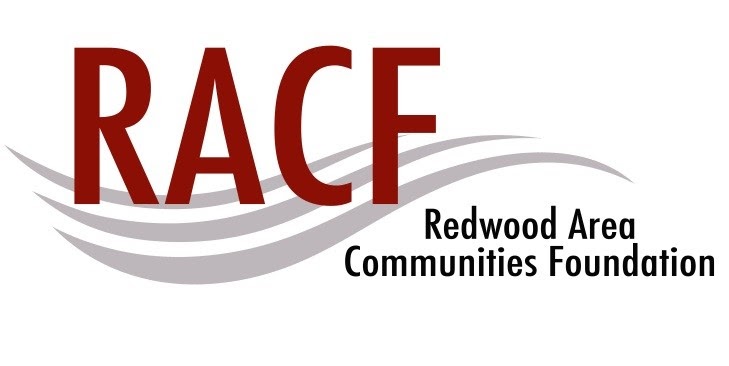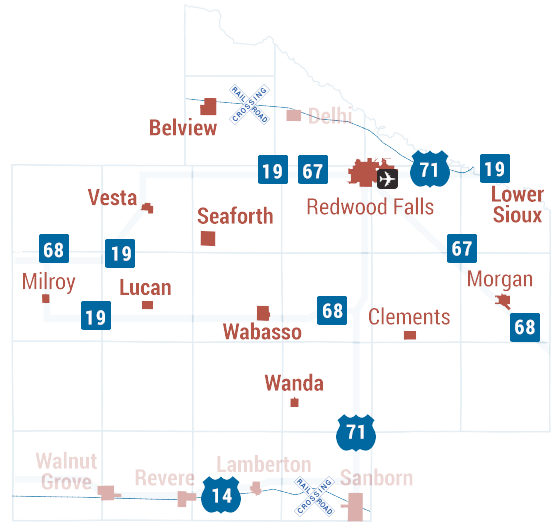Broadband 'as important as textbooks'
Thursday, September 03, 2015
ST. PAUL — Many rural Americans compare providing high-speed Internet connections to the years when telephones and electricity were moving into rural areas
"To me it is the rural electrification of this era," Sen. Al Franken, D-Minn., told experts on the subject he gathered Thursday in St. Paul. "If you go to rural Minnesota ... if you are not wired there, it has all kinds of implications."
Franken and others at the roundtable said providing the Internet through fast broadband connections is even more important than wired telephones and electricity.
Students without adequate internet connections are left behind, former state Rep. Denise Dittrich, now with the Minnesota Association of School Boards, told the gathering. "For every child now to have access to a high-quality education requires technology."
"It is as important as textbooks," she added.
Executive Director Danna Mackenzie of the Minnesota Office of Broadband Development, responsible for awarding state grants to expand broadband, told of a dairy farmer whose broadband connection was cut. He needed it immediate repair because his milking operation depends on an Internet connection.
Franken said that was far more important than the lure of being able to use electric washing machines, something that influenced the spread of electricity. Dairy cows must be milked, he said, but dirty clothes are not that critical.
While the often-stated goal is to give all Americans high-speed Internet access, those at Franken's meeting agreed that never will happen.
Not even everyone has electricity and a telephone, Brent Christensen of the Minnesota Telecomm Alliance said.
"What do you do in the Boundary Waters?" asked Jim Beattie of Bevcomm, a small southern Minnesota telephone company, referring to the northern Minnesota wilderness area. "Do you want to plow fiber into the Boundary Waters or do you want to build cell towers?"
Franken quickly responded "no," but no one offered an alternative way to serve the pristine area.
Mackenzie said people in areas like that may not want electricity or wired telephones, but they were among the first to ask when their high-speed Internet connection would be available.
JoAnne Johnson of the Minnesota Public Broadband Alliance complained that the only discussion was about laying fiber to expand broadband. She said wireless and other technologies should be considered.
Franken told Forum News Service after the roundtable that he has not looked into other ways to spread high-speed Internet, but would ask his staff to investigate.
However, Mackenzie said that "every good telecomm company on the globe still is investing in fiber," so it remains the best solution.
Broadband expansion is expensive, and comes at a time that governments are not willing to spend a lot of money.
Taxing the Internet has not been popular, but Christensen said that the public may be willing to pay tax on how Internet is delivered to their homes, which those in the field call "pipes," even if they reject paying taxes on Internet content.
"When we talk about the pipe, I don't think people understand it," added State Director Colleen Landkamer of U.S. Department of Agriculture rural development.
Landkamer said the USDA has paid $427 million for Minnesota broadband expansion. Mackenzie's office last year distributed $20 million in grants and this year is prepared to deliver a bit more, after seeing applications that are due Sept. 15.
Last week, the Federal Communications Commission distributed funds to major telephone companies serving the rural Upper Midwest from its Connect America Fund. Money is to be used to expand broadband in expensive areas, but not the most costly, such as where homes are very far apart.
CenturyLink was the major recipient of funds last week, getting $505 million. Included in that total was $9 million for South Dakota, $55 million for Wisconsin, and $5.7 million for North Dakota.
Also, AT&T will receive $9 million for its Wisconsin operations and Consolidated Communications Holdings, connected to a variety of communications companies, is set to receive $2.5 million for Minnesota work.
It was the second phase of Connect America grants.
Category: Broadband






.jpg)
